One of the greatest pieces of economic wisdom is to know what you do not know
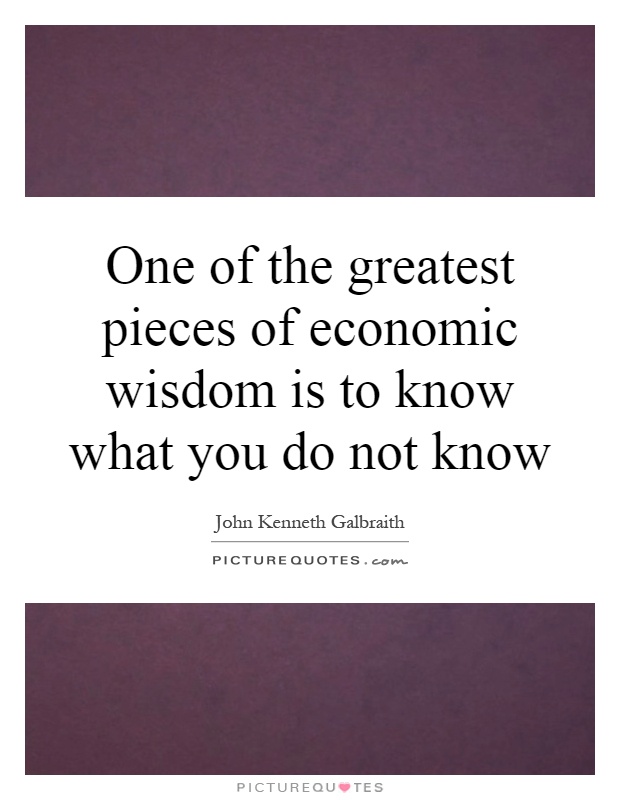
One of the greatest pieces of economic wisdom is to know what you do not know
John Kenneth Galbraith, a renowned economist and author, was a firm believer in the importance of recognizing one's limitations and understanding the boundaries of one's knowledge. He famously said, "One of the greatest pieces of economic wisdom is to know what you do not know." This statement encapsulates Galbraith's belief that humility and self-awareness are essential qualities for anyone seeking to navigate the complex world of economics.Galbraith's emphasis on acknowledging one's limitations is particularly relevant in the field of economics, where uncertainty and unpredictability are inherent. The economy is a dynamic and multifaceted system that is influenced by a myriad of factors, many of which are beyond the control of individuals or even governments. In such a complex environment, it is impossible for any one person to have a complete understanding of all the variables at play.
By recognizing the limits of their knowledge, economists can avoid the trap of overconfidence and hubris. Galbraith argued that the failure to acknowledge one's ignorance can lead to disastrous consequences, as evidenced by the numerous economic crises that have occurred throughout history. In his book "The Great Crash 1929," Galbraith analyzed the factors that led to the stock market crash of that year and highlighted the role of overconfidence and irrational exuberance in fueling the speculative bubble.
Galbraith's emphasis on humility and self-awareness also has implications for policymakers and decision-makers. In a world where economic policies can have far-reaching consequences, it is crucial for leaders to approach their decisions with a sense of caution and humility. By acknowledging the limits of their knowledge and seeking input from a diverse range of experts, policymakers can make more informed and effective choices.
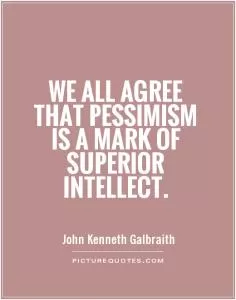
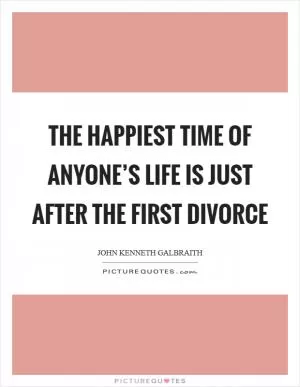
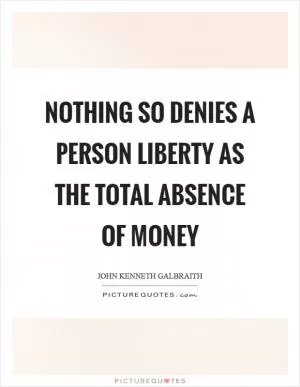
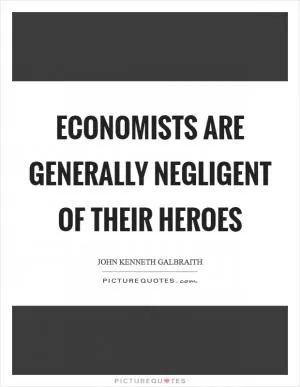
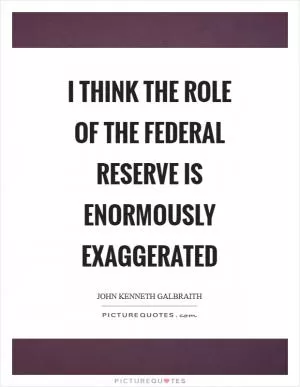
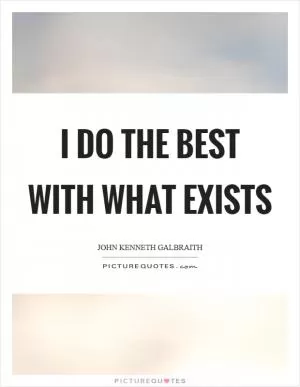
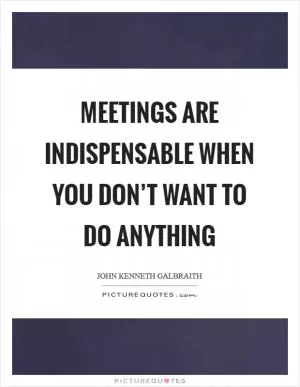
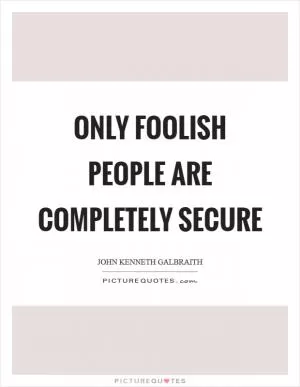
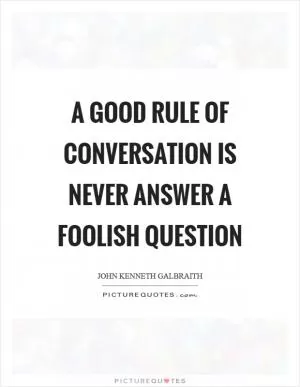
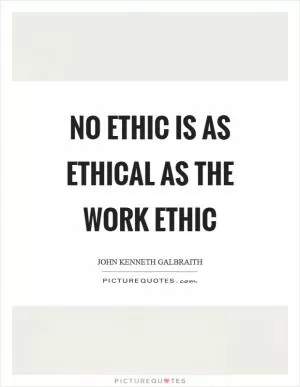
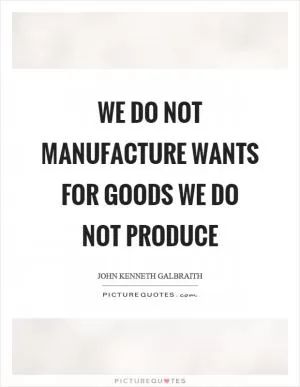
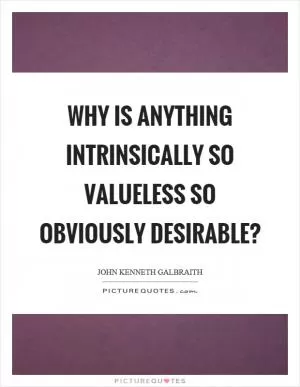
 Friendship Quotes
Friendship Quotes Love Quotes
Love Quotes Life Quotes
Life Quotes Funny Quotes
Funny Quotes Motivational Quotes
Motivational Quotes Inspirational Quotes
Inspirational Quotes